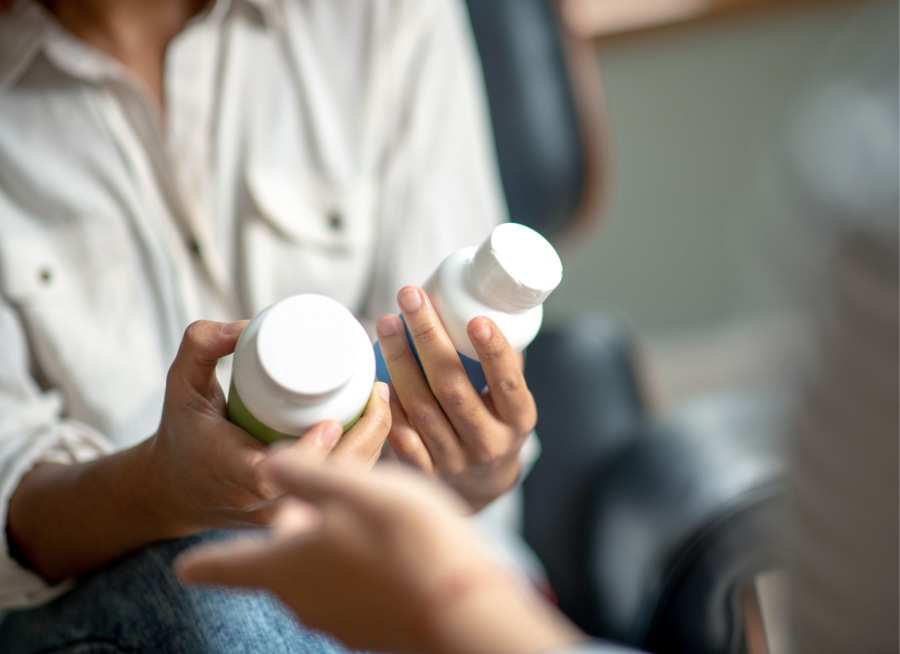“Euphoria” streamed on HBO has caused controversy among the audience due to its portrayal of high school students as drug addicts, drug dealers, and with difficult and dysfunctional families. The show highlights the life of Rue, a teenager who is diagnosed with bipolar disorder, anxiety and obsessive-compulsive disorder and her resulting addiction to opioids, heroin, and fentanyl. How can “Euphoria” be outrageous when according to the National Institute of Mental Health, one of every five adults have been diagnosed with a mental illness. And I am one of them.
When I was 12 years old, my brother died. At the time I was not sure what depression was or what it really did to my body. I began to spend most of my days in bed whenever I was not in school. Thoughts of people being better without me flooded my mind at night. The nights began to be sleepless. As time went by my expression became gloomier and others began noticing the vacancy in my eyes; I had begun to think this was normal.
It was not until 2020 that I was completely diagnosed and prescribed medication pills for depression, anxiety and insomnia. My mornings consisted of getting up and taking two pills and it all became a routine. A routine where the days began to feel like a loop, I was “happy”, I saw everything brighter and could finally sleep more. The dark thoughts were gone but so were all the thoughts in general. As the days went by, I began to lose myself, I started feeling like a dead body with a face painted as Heath Ledger’s Joker. The more pills I took, the more I was craving actual happiness – not just something fabricated in my brain.
How could a small pill have that effect on me? How can a human become dependent on such a small thing? How could I not be able to be happy enough to be off these things?
These questions flooded my brain constantly. I gained courage to tell my therapist and we agreed we would try to come off the pills little by little. As soon as the pills were out of my system, the sleepless nights returned with dark thoughts, my racing heart, and my inability to stop concentrating on it, which caused me more anxiety.
But also, the good moments returned. I regained the ability to sit down in front of the television and watch a soccer game and feel every emotion. I could feel accomplished after being able to take an hour walk because I was able to decrease my anxiety on my own. The fun I got from being able to read a book and connect the dots between my own thoughts and what the book was telling me.
Do not get me wrong, I am not always happy without the pills, but the freedom I feel from no longer depending on them to have a bit of fake serotonin makes me feel better about myself.
Throughout the years, I have learned other mechanisms that help me reduce anxiety or get myself from those dark thoughts in which I would find myself engrossed. I also think that the fact that there are shows like “Euphoria” that depict depression, anxiety and addiction in such a realistic way helps me understand that these diseases more as a process and not just a straight line to a cure.
If you or a UTEP student you know is struggling with any mental illness or any dependency of any sorts to prescribe medicine or any drugs, try to reach out for help. The Counseling and Psychological Services, located in 202 Union West, delivers their services by phone or video call, 8a.m. to 5p.m., Monday through Friday. An after-hours crisis line is available on (915) 747 5320. For mental health emergencies please call 911.
Tiffany Morales may be reached [email protected]










